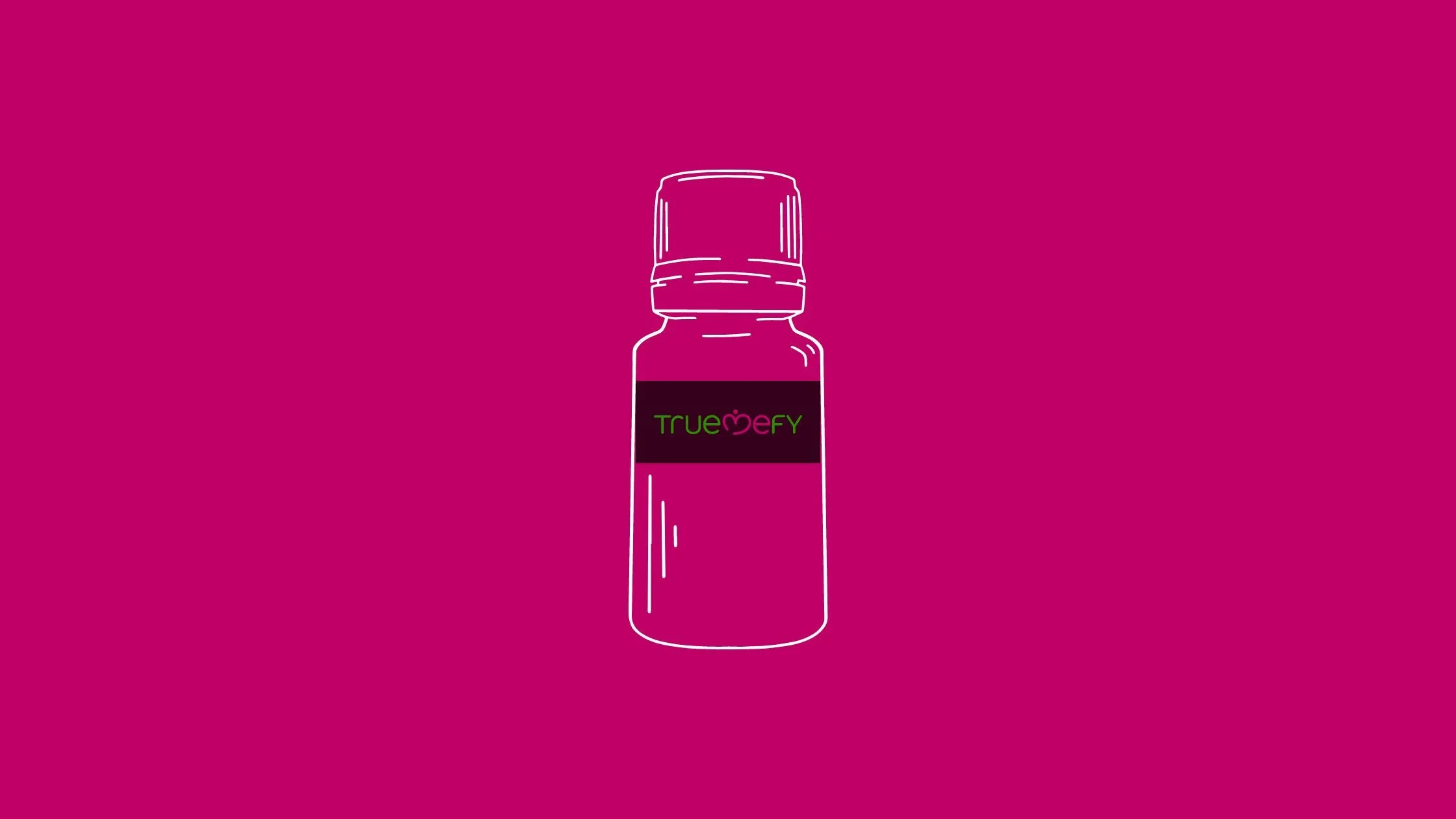Introduction to Essential Oils

What Are Essentials Oils ?
Essential oils are concentrated plant extracts that capture the natural fragrance and beneficial properties of their source. These oils are often derived from various parts of plants, including flowers, leaves, bark, and roots. By harnessing the unique characteristics of these plants, essential oils offer a multitude of uses, from aromatherapy to natural remedies.
The use of essential oils dates back thousands of years. Ancient civilizations such as the Egyptians, Greeks, and Chinese utilized these potent extracts for their medicinal, spiritual, and cosmetic properties.
The Egyptians, for instance, are renowned for their extensive use of essential oils in mummification processes and daily life, blending them into perfumes and ointments. Similarly, ancient Greek physicians like Hippocrates documented the healing properties of various plant oils.
How Are Essential Oils Made?
Essential oils are typically produced through two primary methods: distillation and cold pressing.
- Distillation: This is the most common method for extracting essential oils. It involves steaming the plant material to release its volatile compounds, which are then condensed and collected as oil. This method is widely used for plants like lavender, eucalyptus, and peppermint.
- Cold Pressing: This method is mainly used for citrus oils, such as lemon and orange. Cold pressing involves mechanically pressing the plant material, usually the rind, to extract the oil. This process preserves the delicate, aromatic compounds that are often sensitive to heat.
General Benefits and Uses Of Essential Oils
Essential oils are celebrated for their versatility and myriad benefits. Here are some common uses:
- Aromatherapy: Inhaling the aroma of essential oils can promote relaxation, reduce stress, and improve overall mood. Essential oils like lavender and chamomile are particularly popular for their calming effects.
- Skincare: Essential oils can be added to skincare routines to address various concerns, such as acne, dryness, and aging. Tea tree oil, for example, is known for its antibacterial properties, making it a popular choice for treating blemishes.
- Health and Wellness: Some essential oils are believed to have therapeutic properties that can support physical health. Eucalyptus oil, for instance, is often used to relieve respiratory issues, while peppermint oil can help with digestion and headaches.
- Cleaning: Due to their natural antibacterial and antifungal properties, essential oils like lemon and tea tree are frequently used in homemade cleaning products.
Types of Essential Oils: Organic and Natural
Essential oils come in various types, with a significant distinction being between organic and natural essential oils. Understanding these differences can help you choose the best oils for your needs.
Organic Essential Oils
Organic essential oils are derived from plants that are grown without the use of synthetic pesticides, herbicides, or fertilizers. These oils are certified organic, ensuring that they meet strict agricultural standards. The benefits of using organic essential oils include:
- Purity: Organic essential oils are free from harmful chemicals and contaminants, making them a safer option for personal use and therapeutic applications.
- Environmental Sustainability: Organic farming practices promote biodiversity, soil health, and reduce pollution, making these oils an eco-friendly choice.
- Enhanced Benefits: Many users believe that organic essential oils retain more of the plant’s natural benefits due to the absence of synthetic chemicals during cultivation.
Natural Essential Oils
Natural essential oils, while also derived from plants, may not meet the stringent criteria required for organic certification. However, they are still pure and unaltered, containing no synthetic additives or adulterants. The benefits of using natural essential oils include:
- Accessibility: Natural essential oils are often more readily available and may be more affordable than their organic counterparts.
- Effectiveness: These oils still provide the therapeutic benefits associated with essential oils, such as stress relief, improved mood, and skin care.
- Versatility: Natural essential oils can be used in a variety of applications, from aromatherapy and personal care to household cleaning.
By choosing between organic and natural essential oils, you can tailor your selection to match your personal preferences and values, ensuring you receive the maximum benefits from these potent plant extracts.
With their rich history and diverse applications, essential oils have become an integral part of modern wellness practices. Whether used for their aromatic, therapeutic, or practical benefits, these powerful plant extracts continue to offer a natural solution for enhancing daily life.
References:
- Tags: Essential Oils

